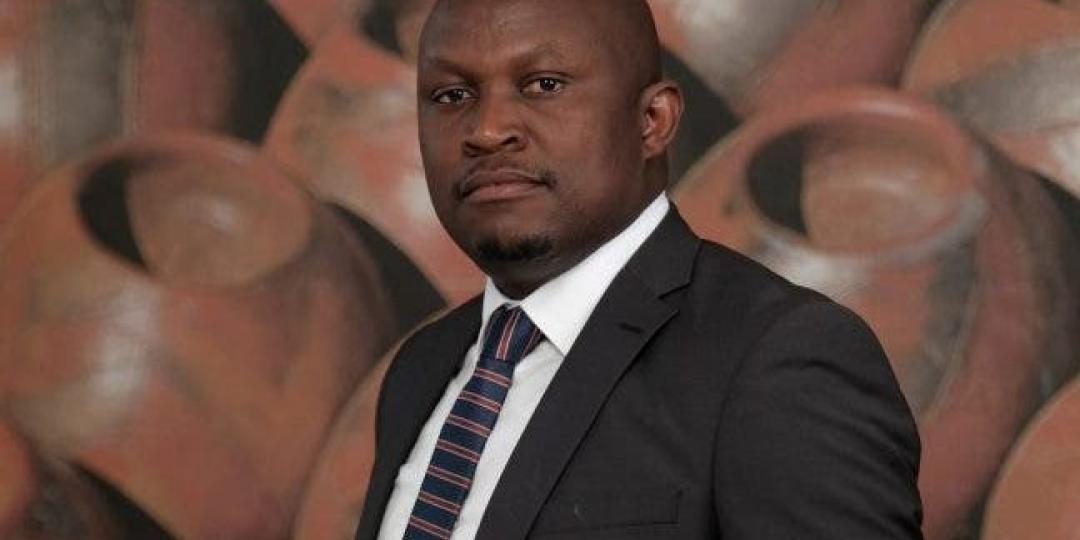If it meets the expectations of tourism bodies, the Budget Speech 2021 – to be delivered by Minister of Finance, Tito Mboweni tomorrow (Wednesday, February 24) – could help save the tourism sector.
The impact of the COVID-19 pandemic – coupled with strict travel restrictions and very little government budget for meaningful sector relief last year – hit the tourism sector hard, resulting in massive job losses and company closures.
SA Tourism CEO Sisa Ntshona and Tourism Business Council of SA CEO Tshifhiwa Tshivhengwa shared some tourism stats from 2020 (Q3) at a virtual media engagement on Monday, February 22, and also revealed their thoughts and wish-lists for the Budget Speech.
The SA Tourism marketing budget was cut by R1bn (€56.2m) at the onset of the pandemic in 2020.
The two CEOs concurred on several points, a major one being that the government needed to create an enabling environment in which tourism could take place and thrive. The second was the need for a whole-government approach.
Three core strategies
Ntshona said SA Tourism had three core strategies formulated to ensure the future of tourism, all of which would hopefully be supported by the Budget allocation.
1. Reignite demand – Ntshona said being invisible to the world was not good for us. South Africa needed to have a presence to reignite demand;
2. Rejuvenate supply – we cannot let our supply side deteriorate – we have to be careful not to starve them so that they go out of business;
3 Strengthen our enabling capability – this means across many government departments, including the Department of Home Affairs (borders and visas).
Big contribution to GDP
The contribution of tourism to GDP is 8% (in 2019, tourism contributed R125bn (€7bn) to the economy) and Ntshona stressed that it was a scaleable industry.
“Tourism is trade. It’s an export industry, it gets us forex, and it helps us with balance of payments. Like all trade, it needs investment to make it grow, and it needs to be inclusive and sustainable. Tourism needs a ‘whole government’, single approach.”
An illustration of the need for a single approach to tourism was clear in a statistic he gave on market China. He said the SA Dept of Home Affairs had two offices in the whole of China (population 1.4bn), with two staff manually processing visas. He compared SA’s 100 000 Chinese visitors per year with Australia’s 1.5m.)
‘Visitors need certainty’
Tshivhengwa said the TBCSA had advocated and continued to advocate the extension of the Unemployment Insurance Fund (UIF) Temporary Employee Relief Scheme (TERS) as it was important to protect the supply side by protecting its employees.
He stressed the importance of the government’s approach to regulations during the pandemic. “If we continue with the start/stop approach to regulations, it creates uncertainty both in our markets and on our supply side. Visitors need certainty,” he said.
Tshivhengwa said it was important that SA looked at its regulations and asked how they supported tourism. “We need to avoid unscientific, arbitrary closures.” He quoted the example of the closure of the country’s beaches, which had started out as a specific measure to counteract the crowding that happened on specific city beaches on specific days. Somehow it evolved into a blanket ban over a long holiday period, on all beaches, bar those in the Northern Cape. This was not scientifically sound. “We need smart lockdowns that support the economy and save lives,” he said.
It’s also the job of government to communicate the right messages to the world concerning the so-called ‘South African’ variant, said Tshivhengwa. It is now clear that there are many variants, but the effect of having a variant named the ‘South African’ variant had been bad for tourism.
“2021 will be the year of the vaccine,” said Ntshona. Vaccines will be the key to a normalised and safe tourism industry globally. SA Tourism, working with the tourism industry, would ensure that frontline tourism workers were included early on in the vaccination programme, he said.























